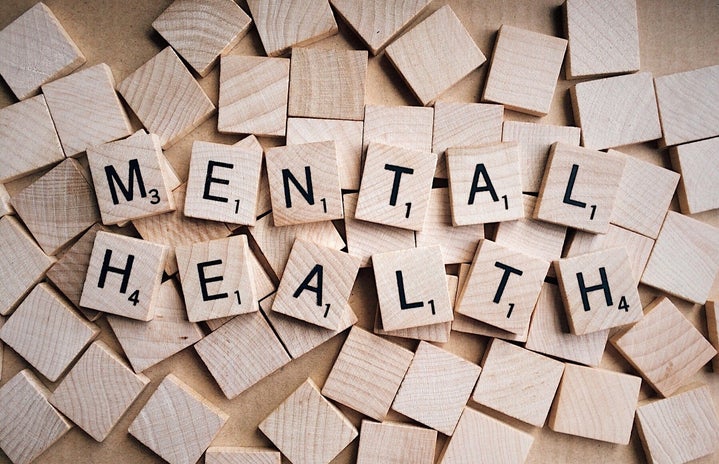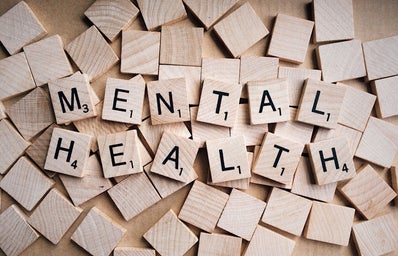By Ashleigh Healy
We all know that a good diet and exercise can drastically affect our lively hoods, but we also know how difficult it can be to incorporate it into our daily lives. We can lack the motivation or energy to do it and sometimes believe the benefits do not outweigh the cons. I’m here to tell you otherwise.
Working out is not just for attaining a certain look or to fit in, but to help the mental struggles we go through daily. It is a well-known fact that working out can help stimulate mental cognition that then produces neurotransmitters that release serotonin, aka the happy chemical. However, there is more to this than we know. By living a more active lifestyle, our bodies are able to respond by stimulating something called growth factors. These growth factors affect the chemicals in our brain that signal to our body to produce more healthy cells, especially blood cells, that are then sent to the brain and provide it with the nourishment it needs to continue functioning at the fast pace we live in today’s society. This is just the mere science behind the benefit of working out. This, however, provides us with the framework we need to understand how serious working out affects our mental health.
One of the biggest benefits working out has on our mental health is its prevention of developing depression or worsening depression. Depression is nothing to take lightly! It has now been proven that it is the largest mental illness that affects the global population. Gathering a mass amount of 300 million people being affected by it yearly according to the World Health Organization. While exercising may not completely alter one’s mental mindset, it has proven benefits that help alleviate the symptoms of depression. Being able to get out of a negative cycle and doing something productive with your body not only helps alleviate feelings of low self-esteem, but boosts confidence when one hits new workout goals or achievements. Working out also teaches our body and brain to cope in a healthier manner rather than performing destructive acts against ourselves. Coping in a way that provides a beneficial outcome reteaches our brain that it is possible to relieve these symptoms with positive acts. One of the biggest hurdles those who have depression face is getting stuck in a cycle of detrimental effects that ultimately harm us in the short and long run. By slowly incorporating a more active lifestyle this is cycle is broken and therefore helps prevent this cycle from happening again. Not only this but in a social aspect working out is a way to reach out to new people and find new friends. Those who isolate themselves from friends and family while dealing with mental illnesses find it hard to get back in contact with these people or make new and stable relationships. The atmosphere one enters when going to a new gym, new yoga class, or joins a new fitness class is welcoming and allows for people to ease back into meeting new people who have no prejudgements toward them.
How to go about incorporating working out in your daily life may be a hard task to tackle but here are some helpful suggestions that may help. One thing that may help is getting the support of a mental health counselor or close friends or family member. Having a support system to help you through this process can make a huge difference! Another helpful tip that can help make this transition, is to identify what you enjoy most doing that is active. Whether it be yoga, a calm walk, going to the gym, or running, find whatever best suits your lifestyle and preference. Discovering what brings some joy back into your life helps slowly ease back into getting your life back. Finally, another helpful tip for transitioning into a more active lifestyle, would be to set reasonable goals. A major life transformation can not happen overnight over even over a few weeks, it all takes time. However, it is important to remind yourself why you are setting these goals and how much they will help you in the long run.
Overall the positive benefits of working out and incorporating a healthy amount of exercise in your life are astronomically larger compared to the negatives it may potentially come with. Both the science behind it, and the mental health improvements, are not to be ignored and should be incorporated into our lives going further.
;

